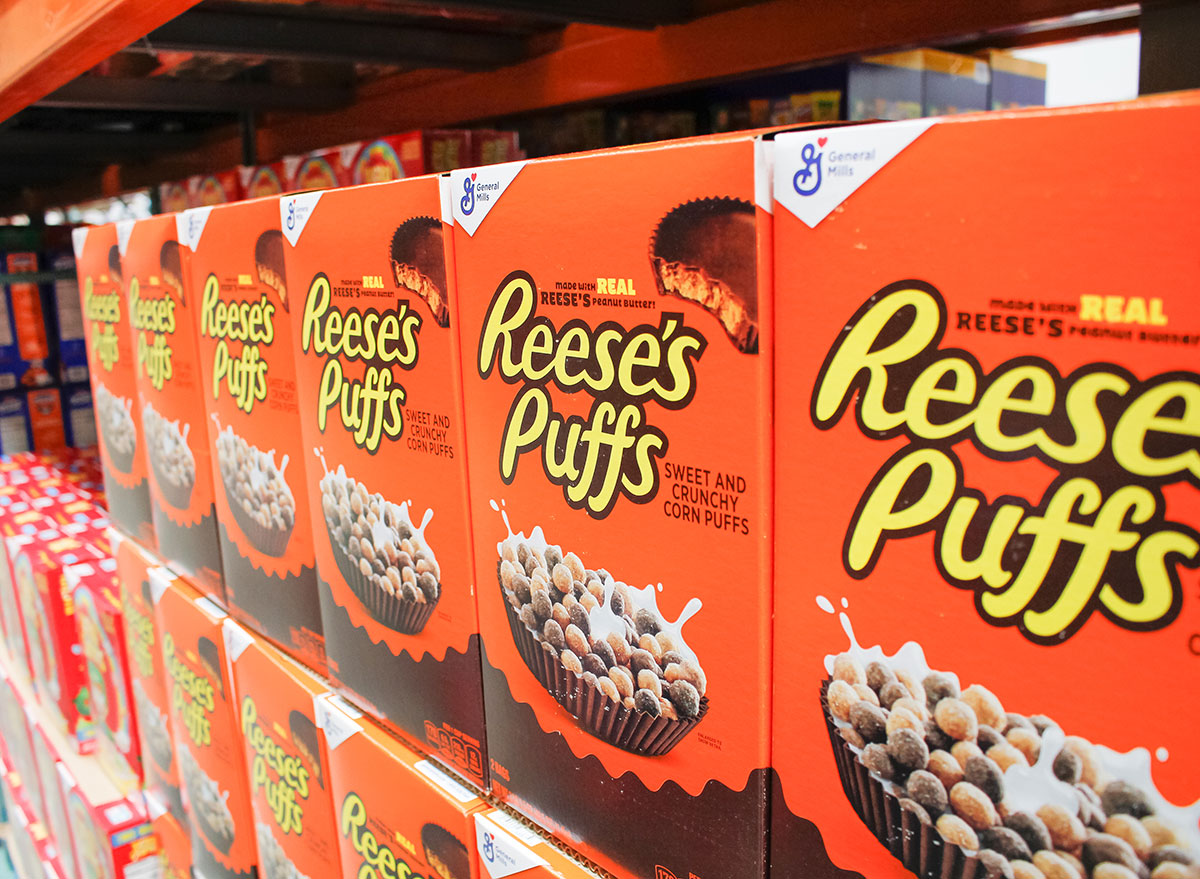FDA Under Fire For Not Regulating Thousands of Chemicals in Your Food

It's one thing to be conscious of the types of food you eat, however, there's another key part to eating healthy that is often out of your control: Food additives.
The FDA allows for some 10,000 chemicals to be added to foods, a few of which are known to disrupt your hormones. These chemicals are often linked to cognitive, developmental, and various other health issues in both adults and babies. Now, health experts are filing a petition to ramp up FDA's regulations of these potentially harmful substances, a request that was originally outlined by Congress in the 1958 Food Additives Amendment.
"The FDA never considers the overall effect of these 10,000 chemicals on people's health, which is what Congress was after," Tom Neltner, the chemicals policy director for the Environmental Defense Fund, said to CNN Health.
The petition argues that the FDA has failed to take into account the impact food additives can have on an individual over the course of their lifetime. Synthetic chemicals used to preserve packaged foods can have what's called additive effects on a child's IQ while still in utero, which can ultimately hinder its ability to excel in the classroom later.
"We're talking about each child losing roughly 2% of her lifetime economic productivity on average with the loss of one IQ point, or $20,000," said Dr. Leonardo Trasande, co-author of the American Academy of Pediatrics' policy statement (as quoted by CNN Health). "You multiply that across four million kids born each year and that's a lot of zeros and a huge impact on our economy."
Unfortunately, hormone-disrupting substances can be found in the most common items. For example, some nonstick cookware is made with a chemical called perfluoroalkyl and polyfluoroalkyl substances, also known as PFAS, which are endocrine (hormone) disrupters. PFAS chemicals are linked to increased risk of asthma, cancer, and thyroid disease. They've also been shown to reduce humans' antibody responses to vaccines as well as weaken resistance to infectious disease. Pesticides on fruits and vegetables have also been shown to alter hormones. (Related: This City Just Banned Candy From the Grocery Store Checkout Line).
How has the FDA been able to get away with this?
There's an interesting loophole in the 1958 amendment called, GRAS or "Generally Recognized As Safe" intended to save companies from FDA review if the new additive or chemical was proven to be safe to consume.
"But they were referring to salt and vinegar and oil. They weren't referring to brand new synthetic chemicals," Neltner was quoted by CNN Health. "And this little exemption was stretched beyond recognition so that now, almost any new chemical added to food goes through the GRAS loophole."
However, an analysis of public records conducted by the Environmental Defense Fund indicates that of the near-900 GRAS proposals that have been submitted by companies over the past 23 years, only one raised concern about the cumulative effect certain chemicals have on the body.
Neltner says that the FDA also has the power to allow companies to make safety decisions in secret and not ever disclose any legal proof to the agency. "We saw no evidence that FDA raised concerns about the notifier's failure to include the legally mandated information," the petition states.
The Environmental Defense Fund has taken the FDA to court for its loose interpretation of GRAS. However, the process of considering a petition such as this could take years, because it's basically asking for the agency to re-evaluate the safety of 10,000 food additives. The FDA has 180 days to approve, dismiss, or even give a response such as, "We need additional time" to the petitioners.
Here's what you can do to limit exposure.
Try your best to avoid processed meats, this is especially important for pregnant women as the nitrates used for curing meat are known endocrine disruptors. Opt for frozen and fresh fruits as opposed to canned ones to avoid BPA exposure. In the same vein, avoid microwaving food or drinks in plastic containers and bottles.
Other good practices include washing fresh fruits and vegetables, especially those that don't have a peel, as well as rice. This will help to remove some of the pesticides.
Sign up for our newsletter for more food safety updates.








